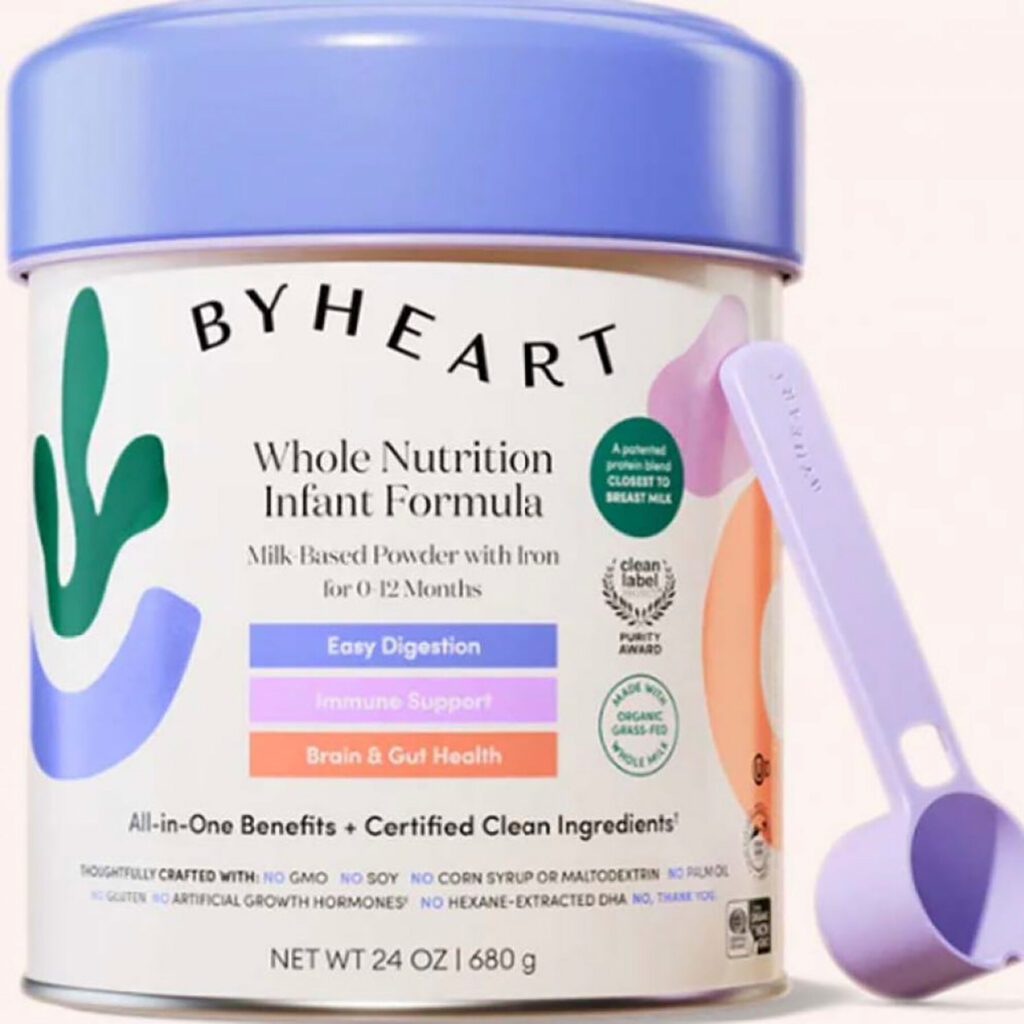The Blurred Lines of Sports Betting: How ‘Prediction Markets’ Sidestep State Regulations

In a move that’s raising eyebrows across the United States, certain online platforms are rebranding sports betting as “prediction markets” to skirt state laws and regulations. This clever reclassification has enabled companies like Kalshi to tap into the multibillion-dollar sports betting industry, operating with relative impunity and avoiding the taxes and oversight that traditional sportsbooks are subject to.
Kalshi, a platform once known for facilitating wagers on election outcomes, has expanded its offerings to include a wide range of sports betting options. By framing their activities as “prediction markets,” these platforms are able to circumvent the patchwork of state laws that govern sports betting in the US. This regulatory gray area allows them to operate with a degree of freedom that their licensed competitors can only envy.
The distinction between sports betting and prediction markets may seem semantic, but it has significant implications for the industry. Traditional sportsbooks are heavily regulated, with strict rules governing everything from odds setting to customer protections. They are also subject to taxes on their revenue, which helps fund public programs and services.
In contrast, prediction markets like Kalshi operate with a more laissez-faire approach. They argue that their activities are more akin to fantasy sports or investing in prediction markets, rather than traditional sports betting. This allows them to sidestep many of the regulations that govern the sports betting industry, including those related to consumer protection, responsible gaming, and taxation.
As the sports betting industry continues to grow and evolve, the emergence of prediction markets as a regulatory workaround raises important questions. Will state regulators be able to effectively police this new frontier, or will the allure of untaxed revenue lead to a tacit acceptance of these platforms? And what implications does this have for the integrity of sports and the protection of consumers?
For now, it seems that prediction markets like Kalshi will continue to operate in a regulatory twilight zone, offering a tantalizing alternative to traditional sportsbooks. As the industry continues to shift and adapt, one thing is clear: the lines between sports betting and prediction markets are increasingly blurred, and the consequences of this trend will be worth watching.





